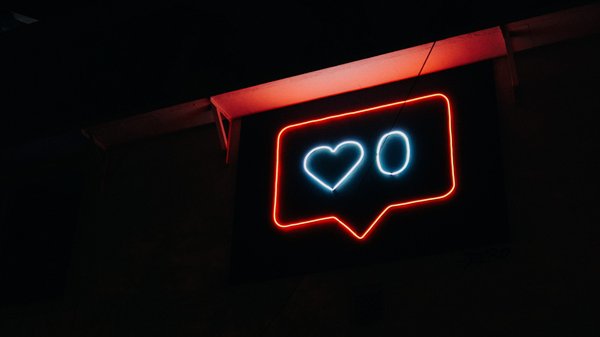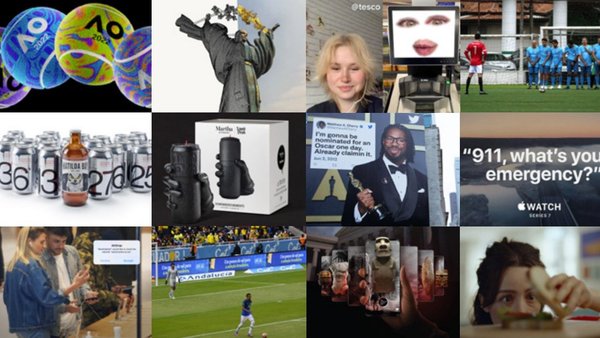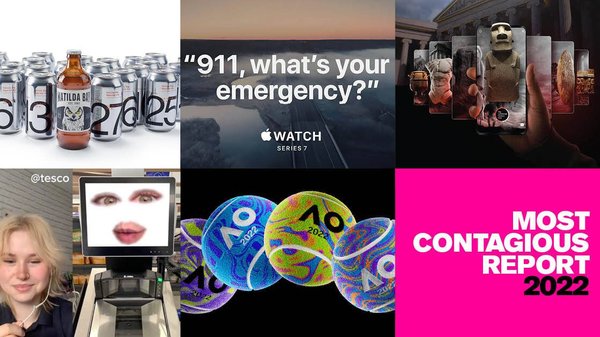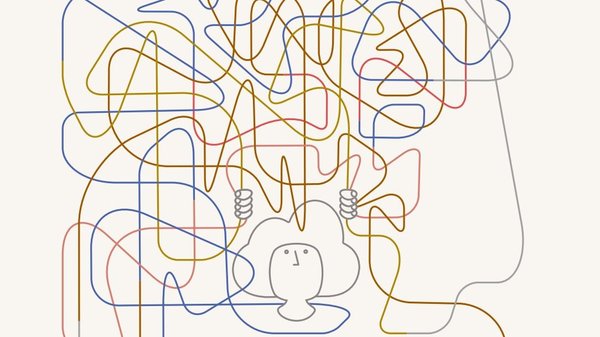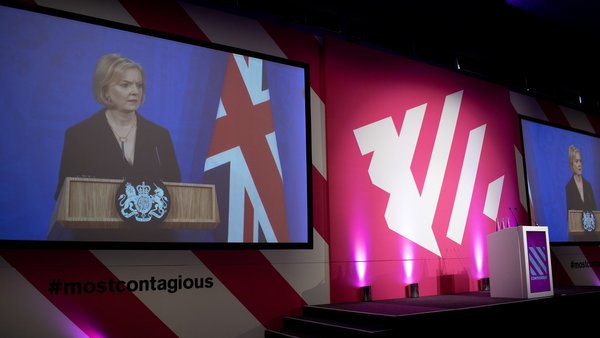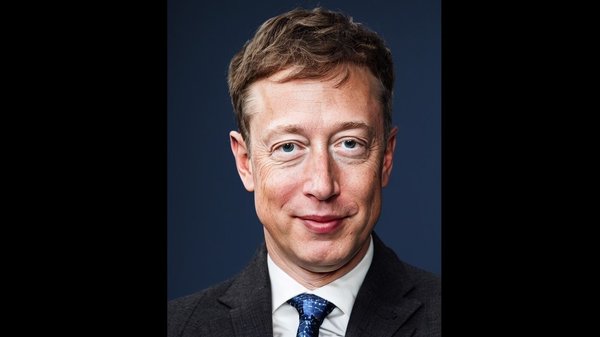Most Contagious Report
4 of the Most Contagious things of 2022 /
The (non-advertising) trends and events that defined 2022, according to the Contagious team

Photo by Ashley Whitlatch on Unsplash
The Vibe Shift /
2022 was the year of the vibe shift. It began in February when Allison Davis’ viral essay in The Cut about ageing out of the zeitgeist propelled the phrase into the cultural lexicon. By September, headlines like ‘Kwasi Kwarteng and the fiscal vibe shift’ were appearing in the Financial Times.
Davis had picked up the term from an email newsletter written by trend forecaster Sean Monahan in the summer of 2021. Originally it was used to describe a change in the dominant cool culture in and around New York: Monahan talks about the hipster/indie music scene of 2003-2009 and the hypebeast/woke era of 2016-2020. But as Davis’ article spread across the internet, the phrase jettisoned that context and became a way to describe any kind of change in attitudes. Influencers abandoning aspirational content for more relatable posts has been described as a vibe shift, and so have people’s increasingly lax attitudes towards Covid-19. The power of the vibe shift lay in its versatility.
But there was more to it than that. Pop-culture memes and trends often say something about the societal conditions in which they arose, and the vibe shift was no different. Davis’ article was published just eight days before Russia invaded Ukraine and shunted much of the world into a new geopolitical reality. No wonder people were so receptive to the idea of shifting vibes.
By James Swift, online editor

Photo by Israel Andrade on Unsplash
Quiet Quitting /
Quiet quitting – or doing the bare minimum at work – was this year’s ubiquitous work trend.
It started in March when a recruiter opened up to Business Insider about coasting at work. The column inspired a viral TikTok that then incited a mass media frenzy.
Some saw the phenomenon as a continuation of last year’s ‘great resignation’ and a new expression of people’s appetite for a better work-life balance in the wake of the pandemic.
Unsurprisingly, employers weren’t crazy about the idea. Yet, some admitted to doing the managerial equivalent, quiet firing, when they use tacit incentives to compel undesired workers to resign.
But whether it represents a move away from toxic hustle culture or a self-defeating cop-out, the ‘acting your wage’ movement surely epitomises one thing: social media’s power to turn common experiences into syndromes, viral trends and cultural phenomena at a frenetic pace.
Sticking new labels onto age-old experiences speaks to the modern tendency to pathologise every single feeling. One thing couldn’t be more certain: people didn’t wait until 2022 to start feeling disengaged from their job.
‘What people are now calling “quiet quitting” was, in previous decades, simply known as “having a job”’ wrote Derek Thompson in The Atlantic. In fact, between 2010 and 2020, engagement in the workplace increased. Despite slightly dipping in 2022, it remains higher than it was at any given point between 2000 and 2014.
In a telling turn of events, even the original quiet quitter, has recently admitted that he’s back working 50 hours a week. So no, not everyone has been slacking at work this year. What quiet quitting teaches us isn’t that coasting is endemic, but that the race for fame on social media might well be.
By Manon Royet, researcher
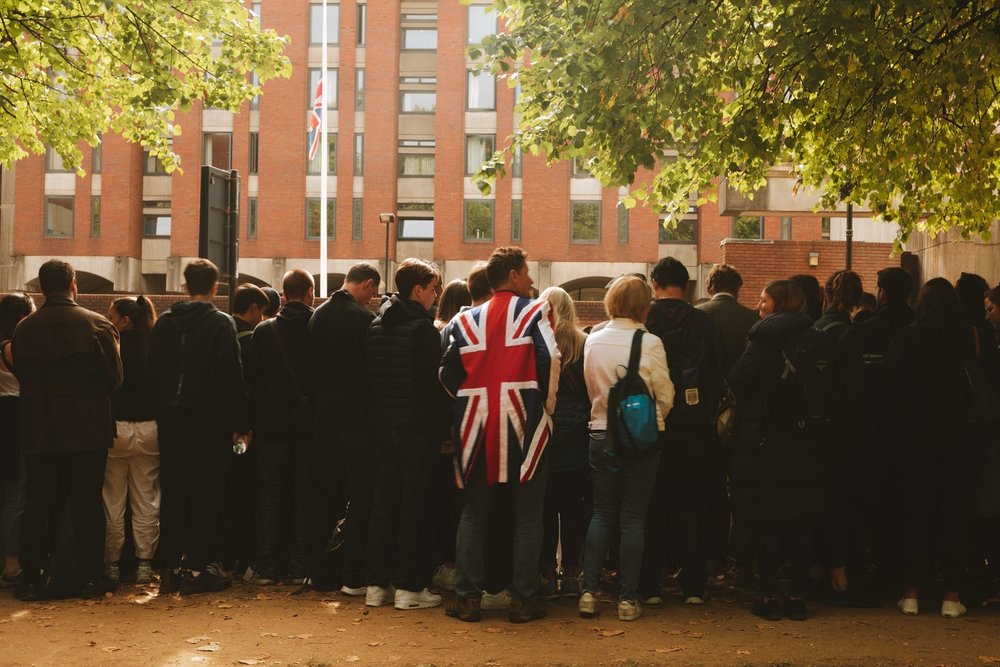
Photo by Thiago Rocha on Unsplash
Royal Mourning /
Whatever your stance on the monarchy, you can’t talk about 2022 without mentioning the death of Queen Elizabeth II. From aerial shots of the 14-hour queue of people waiting to view her coffin, to concerns for the fate of her beloved corgis, the UK news cycle was dominated by round-the-clock Queen content, with media outlets seemingly uninterested in covering anything else.
Brands, unsurprisingly, felt compelled to join in. Fortnum & Mason solemnly lowered its flag to half-mast and blacked out its window displays, and that seemed appropriate enough for a company with a royal warrant. But other brands’ attempts at communicating their condolences came off a bit…weird. Sex toys and lingerie retailer Ann Summers tweeted ‘Sleep well’, travel agent Thomas Cook wished the Queen ‘Safe travels’, and toymaker Playmobil shared a slightly unhinged black and white photo of a smiling Queen figurine against a Union Jack backdrop.
But of all the incongruous and perplexing displays of mourning, no brand fumbled its response quite like Center Parcs. As a mark of respect, the holiday company announced it would be booting guests out of its UK sites for 24 hours on the day of the Queen’s funeral, even if they were in the middle of a stay.
Following a deluge of complaints, Center Parcs was forced to retract its statement but maintained that guests would have to ‘remain in their lodges’, with treasonous activities such as swimming or archery off the cards. This last blunder was the piece de resistance, triggering another round of ire, ridicule and some flawless Twitter commentary. It’s what she would have wanted.
By Phoebe O’Connell, staff writer

Photo by Anthony Choren on Unsplash
Macron’s ‘end of abundance’ speech /
If people only remember one thing that Emmanuel Macron did in 2022, it will probably be his obvious attempt to channel Volodymyr Zelensky by showing up to work at the Elysee palace sporting a special forces hoodie and 48-hour stubble. It’s a shame because the speech that the French president gave on 24 August was far more noteworthy, if significantly less funny.
In the first cabinet meeting after a summer break dominated by environmental disasters and news about the war in Ukraine, Macron warned his ministers that France was going through a time of ‘great upheaval’ and that they were experiencing the end of what could seem like ‘the era of abundance’.
It was an uncharacteristically gloomy speech, driven by the need for Macron to prepare the country for a difficult winter, with energy shortages, rising prices and strikes. But Macron’s line about the end of the era of abundance articulated a bigger truth that few politicians around the world seem keen to publicly acknowledge.
Even after the war in Ukraine ends and the lingering supply-chain bottlenecks caused by the pandemic are cleared, we will still have to contend with a changed geopolitical reality and the climate crisis. The profligate consumption (in the West, in particular) of the early 2000s looks unlikely to return.
France’s union leaders responded angrily to Macron’s choice of words, pointing out that there had been no era of abundance for the country’s poor, who were already making sacrifices. Maybe so, but Macron’s point still stands. As cyberpunk author William Gibson is reported to have once said: ‘The future is already here – it’s just not evenly distributed.’
By James Swift, online editor
To see what else made our Most Contagious things of the year list, download the 2022 Most Contagious Report for free /
The Most Contagious Report is packed with insights and analysis, including:
- In-depth strategy interviews with some of the brands and agencies behind the most innovative campaigns of the year
- Advice on marketing amid a recession
- The Contagious view on the trends that will shape the ad industry in the year ahead
- The Economist’s deputy editor on the big macro-economic trends to watch out for in 2023
- Summaries of academic research from 2022 that explain how advertising works and consumers behave
- Much more...
Download the Most Contagious 2022 Report /
Get more insights and analysis into the biggest advertising trends of the year by downloading the 2022 Most Contagious Report for free

